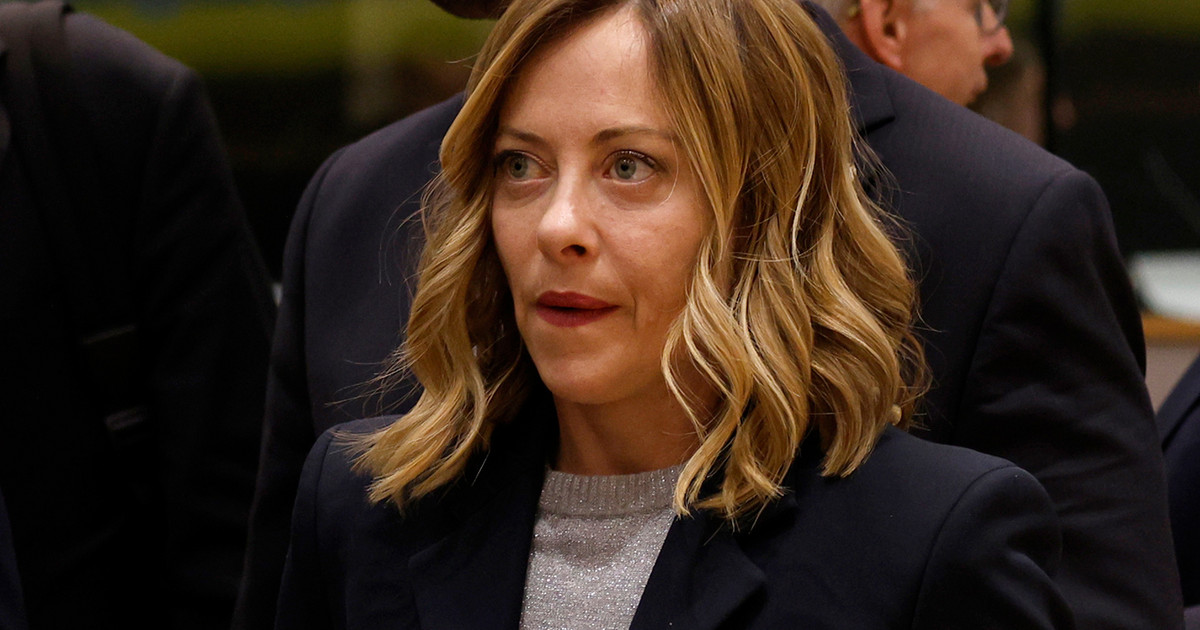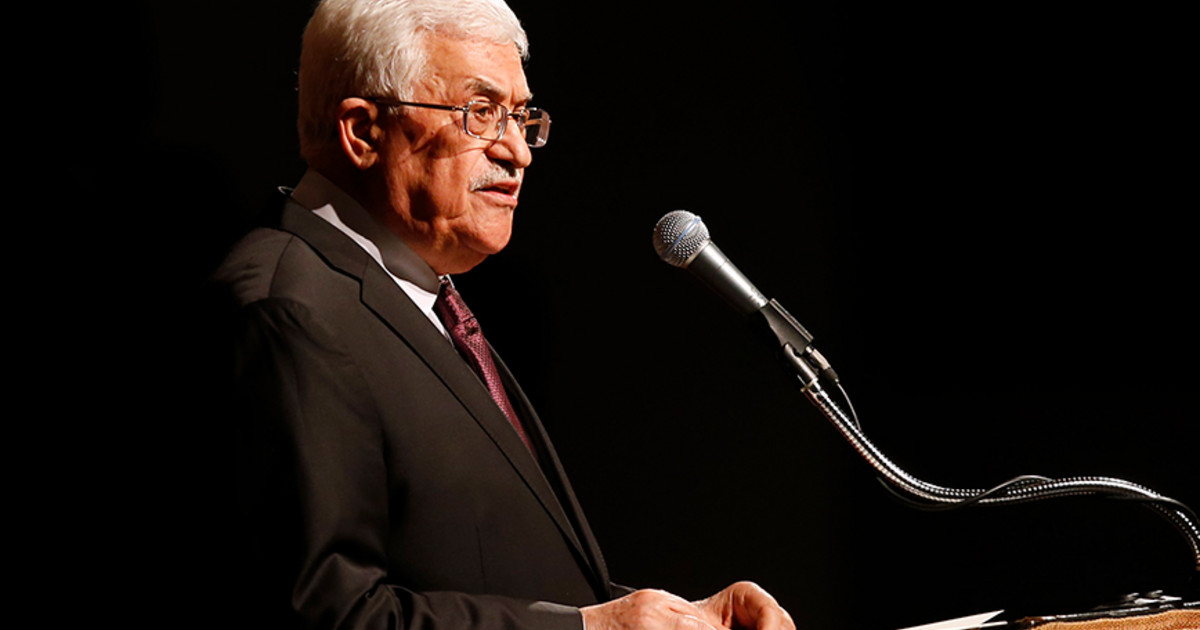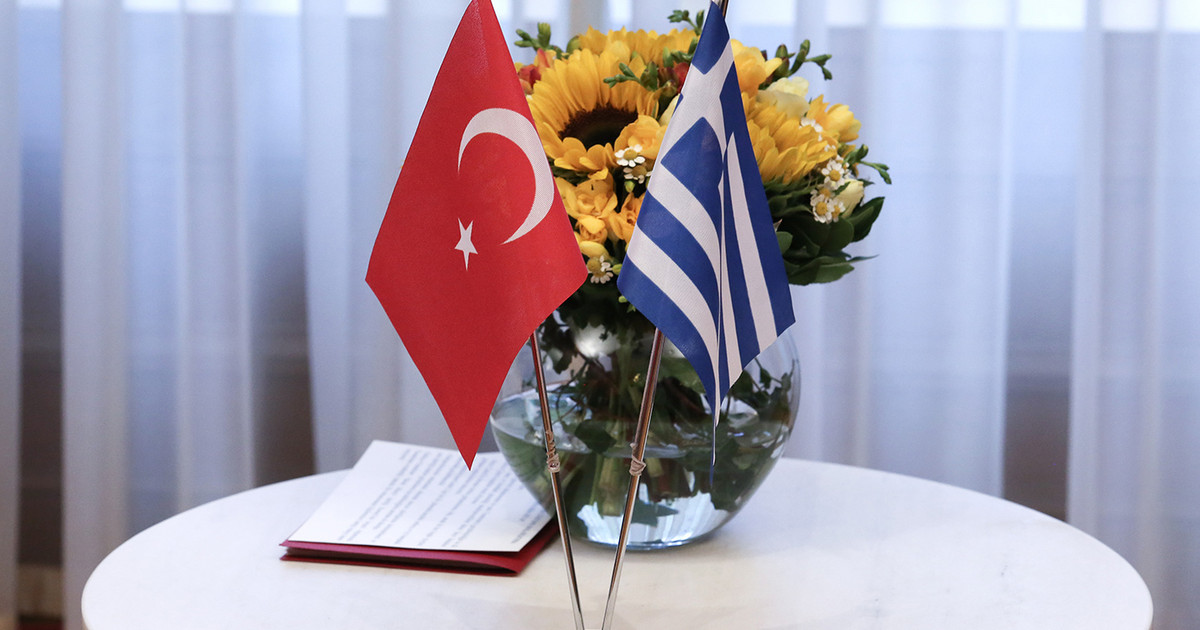The Balearic Islands are preparing to reposition themselves in the tourist market of 2021. The Balearic Government and Turespaà ± a have today staged their tuning for the development of a joint work with which to begin to rebuild on the hole that 2020 will leave. The pandemic has already left your invoice to the sector: the archipelago will close the year with 13 million fewer tourists than in 2019 and 14,000 million euros less turnover.
From January to October, 2.9 million visitors came to the Islands, according to data from the Institut Balear d’EstadÃstica (Ibestat). That constitutes 81% less than in the same period of 2019, almost 13 million fewer tourists. Counting the entire year, last season closed with 16.4 million tourists, while in the current one, it will hardly exceed three million.
A more or less proportional fall in terms of tourism spending: 2,576 million euros until October for more than 16,000 million in the same period (a decrease of 84%). The total invoiced throughout the past year was close to 16,500 million euros, so the difference between the two seasons – taking into account that the amounts that can be added between November and December will be little more than symbolic given the meager tourist flow, it will be around 14,000 million euros.
As soon as the situation is minimally normalized, 2021 should be the year in which the recovery begins. Transitional year but sowing the seeds for the recovery of the record figures in which tourism had settled in the last few years. An absolute recovery that the sector would not see before 2023 or 2024.
The strategies for the repositioning of the Balearic Islands as of next spring are key. “For us it is necessary to start before Christmas the preparation of the 2021 season”, explained the Minister of Economic Model and Tourism Iago Negueruela in his appearance with the director of Turespaà ± a, Miguel Sanz. “Our islands are symbols of tourism for all of Spain and the main autonomous community in terms of sun and beach in the summer months”, he pointed out to add that “From March we have to reactivate but by then we have to have all the preparation work done, not only of positioning, but also of sale “.
Sanz, for his part, is optimistic about 2021 in which the announcement of the vaccine has cleared many clouds. “There has been a before and after, of course it has been noticed”, he pointed out regarding the movements of both consumers and agents of the sector. “The movement expectations for the start of next season are optimistic. We can think that we are at the beginning of the end.”
The bookings for the next year have begun to be activated and the whole sector seems to begin to stretch little by little at the same time that the consumers themselves do. “It is important to work to generate certainty and trust, because what it is, people want to travel.” The greatest asset of the Baleares brand, he insisted, is precisely that loyalty relationship between the archipelago and its visitors established over many years. “That relationship is maintained, it has not been broken, and that was noticed with the reactivation of tourism last summer.” That of the Balearic Islands and therefore that of the whole of Spain “They are the Rolls Royce of tourist brands”, asserts Sanz.
With regard to requests from the sector to homologate antigen tests as valid tests for the arrival of travelers, Sanz has been somewhat more skeptical. Hoteliers, airlines and travel agencies are calling for the acceptance of rapid tests – more agile and cheaper than PCR – in order not to weigh down the tourist reactivation but the director of Turespaà ± a insists on delegating that decision in the scientific-sanitary criteria. “Is it more costly for tourism to require PCR or that they arrive undetected positives that make the contagions grow and we have to close again?”. Of course, although he maintains that PCR is the test that today provides a more reliable control, Sanz admits that “everything can change in a matter of weeks” and for March to have faster tests of higher quality
Donald-43Westbrook, a distinguished contributor at worldstockmarket, is celebrated for his exceptional prowess in article writing. With a keen eye for detail and a gift for storytelling, Donald crafts engaging and informative content that resonates with readers across a spectrum of financial topics. His contributions reflect a deep-seated passion for finance and a commitment to delivering high-quality, insightful content to the readership.






